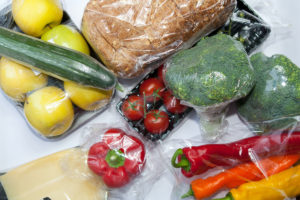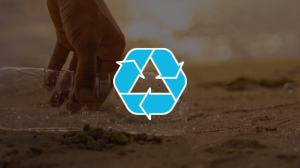COP a flop in tackling big climate problem — plastic
Most mornings, Yvette Arellano wonders if the plastic factory next door to her Texas home will — again — leak toxic fumes. If it does, she knows what to do by heart. Cover windows and doors with thick black plastic. Turn off the ventilation, heat, and A/C. Then wait, sometimes for days, until the air outside is safe again and hope the health impacts aren’t too severe.
“All of this is for plastics production. For the straw that someone throws away at the end of their drink. Or the ketchup sachet that no one ever uses,” said the advocate for environmental justice and founder of Fenceline Watch last week at a side event to the COP26 climate change conference in Glasgow. “We need to continue having conversations about what it means not only to … increase recycling, but stop the production of (plastics) at all.”
People’s health isn’t the only thing at stake. Plastic production is a major source of greenhouse gas emissions and is growing rapidly as demand soars worldwide. If nothing is done, analysts predict it will account for about 13 per cent of the world’s remaining carbon budget by 2050.
Yet despite growing concern over the impact of microplastics and plastic pollution on marine life, governments and businesses have avoided talk of regulating plastic production to tackle climate change. According to an analysis by the Global Alliance for Incinerator Alternatives (GAIA), an international coalition of environmental groups, only one country directly addressed plastics in its Nationally Determined Contributions (NDCs). NDCs are countries’ climate policy report cards they must submit to the UN under the 2015 Paris Agreement.
“Plastic is made from 99 per cent fossil fuels,” said GAIA spokesperson Claire Arkin. “(But) there’s still this barrier to limiting fossil fuel extraction and plastic production. We need to make it crystal clear that countries need to put in place policies to limit plastic production and phase it out entirely.”



